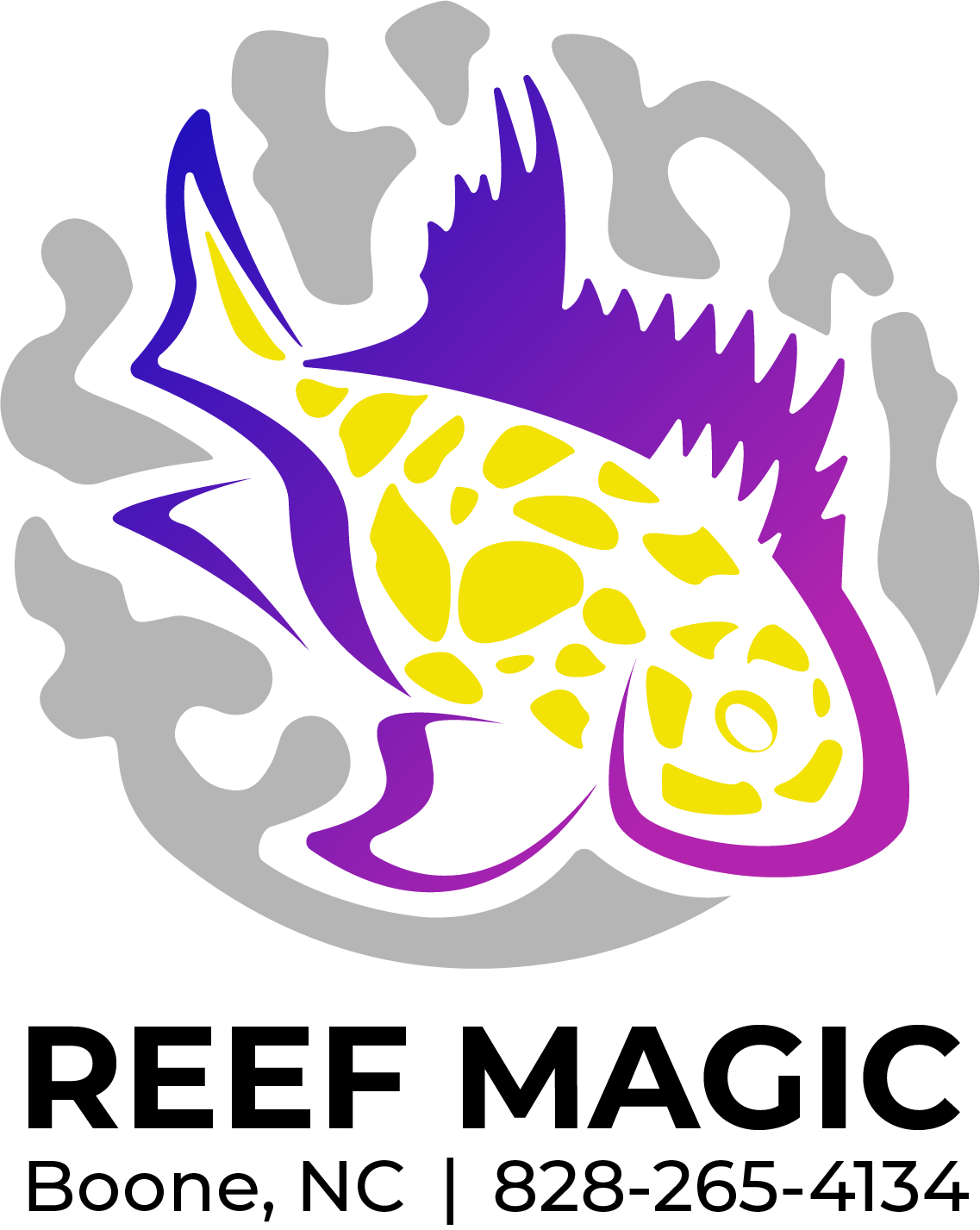Grouper - Hamlet Black
Grouper species, in general, have similar care requirements. Here are some general guidelines for keeping a grouper:
Tank size: Grouper species can vary in size, so it's crucial to consider the specific species' adult size when determining the tank size. However, most grouper species require large aquariums due to their potential size and swimming habits. A tank with a minimum capacity of 100 gallons (378 liters) is recommended for smaller species, while larger species may require tanks exceeding several hundred gallons.
Tank setup: Provide a spacious aquarium with plenty of hiding places and rockwork. Grouper species appreciate the presence of caves, crevices, and overhangs that mimic their natural habitat. Ensure the rockwork is stable and there are no sharp edges or narrow passages that could potentially harm the fish. Additionally, maintain an open swimming area for the grouper to move around comfortably.
Water parameters: Grouper species generally prefer stable and pristine water conditions. The recommended water temperature for most grouper species ranges between 75°F and 82°F (24°C - 28°C). The pH should be maintained between 8.1 and 8.4, and the salinity level (specific gravity) should be within the range of 1.020 to 1.025. Regular monitoring of water parameters, efficient filtration, and regular water changes are essential for their well-being.
Lighting: Grouper species do not have specific lighting requirements. Providing moderate to low-intensity lighting that replicates their natural environment is generally suitable. However, if you have corals or other photosynthetic organisms in the tank, consider their lighting needs as well.
Feeding: Grouper species are carnivorous and require a diet rich in meaty foods. Offer a varied diet that includes high-quality marine-based pellets, frozen or live shrimp, fish, squid, and other meaty options. Some species may also benefit from occasional live feedings. Ensure the food is appropriately sized for the grouper's mouth and monitor their feeding to prevent overfeeding.
Tankmates: When choosing tankmates for grouper species, consider their potential adult size and predatory nature. Grouper species can be aggressive toward smaller fish and invertebrates, so it's important to select compatible tankmates that can withstand their presence. Avoid keeping grouper species with fish or invertebrates that may be seen as potential prey.
It's important to note that specific care requirements can vary depending on the exact species of grouper. If you can provide more information or clarification on the specific grouper species you are referring to, I can provide more detailed and accurate care guidelines.




